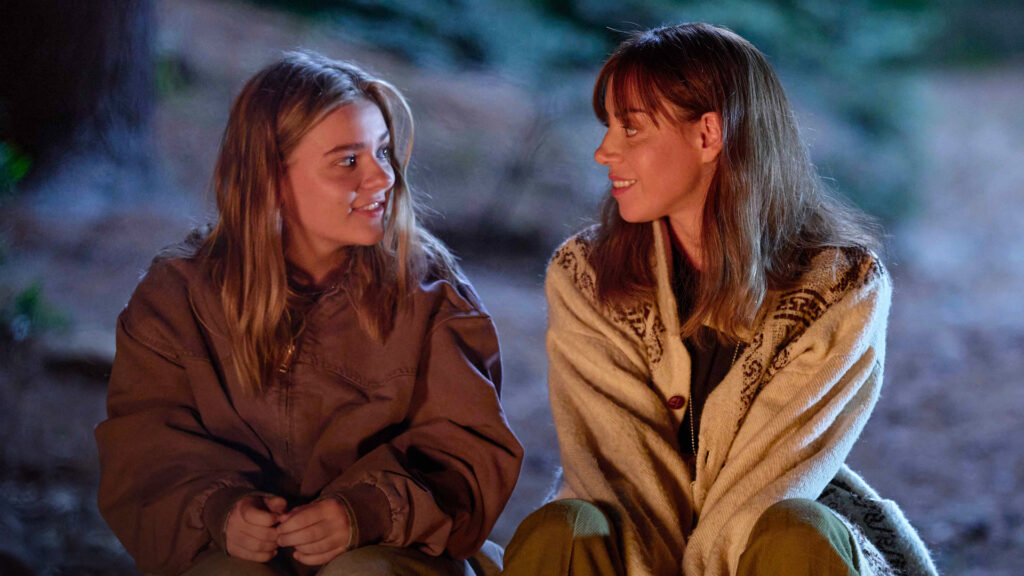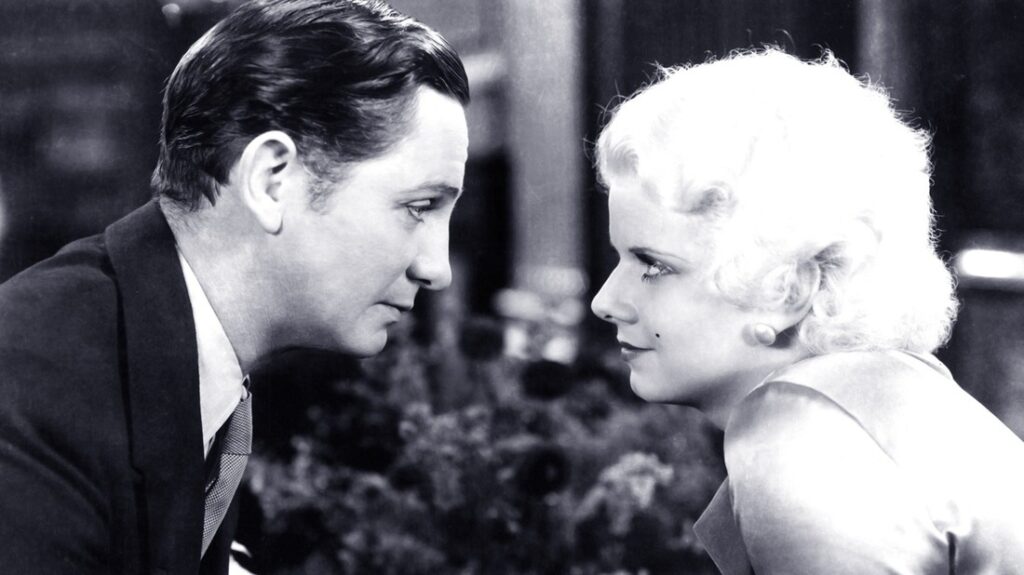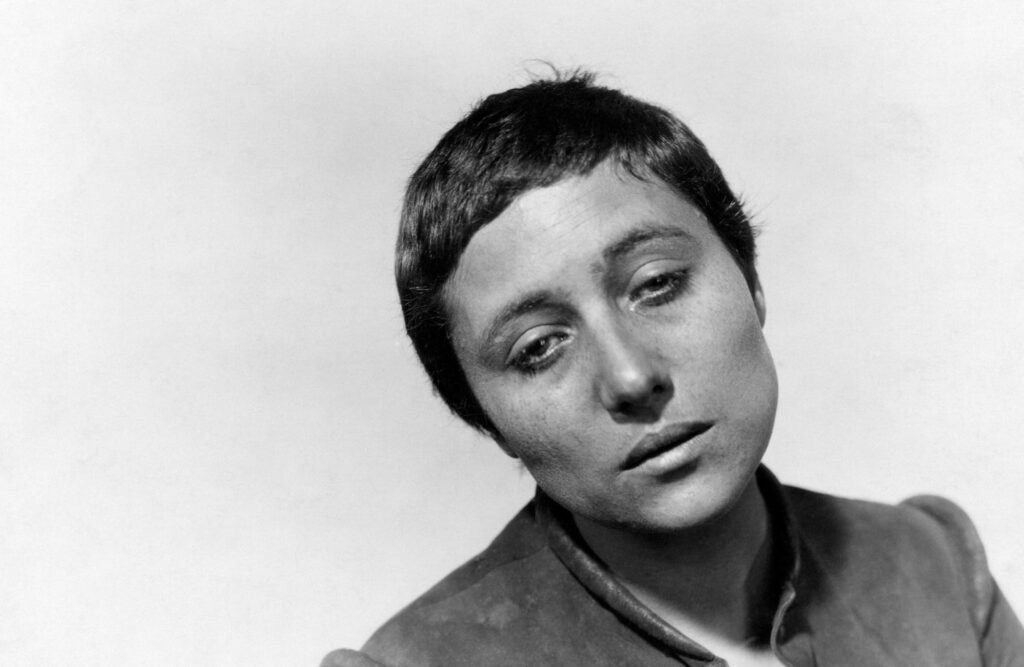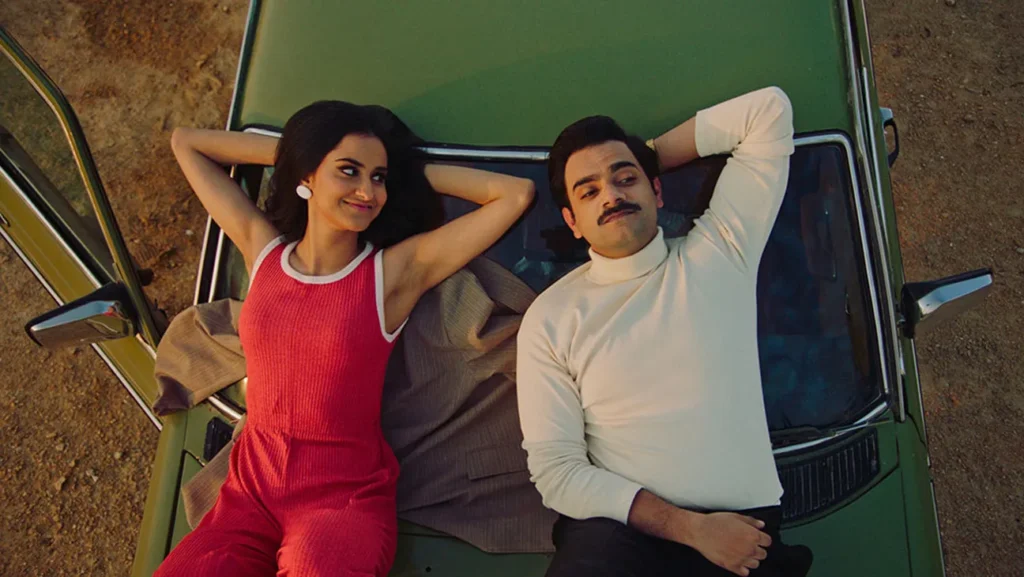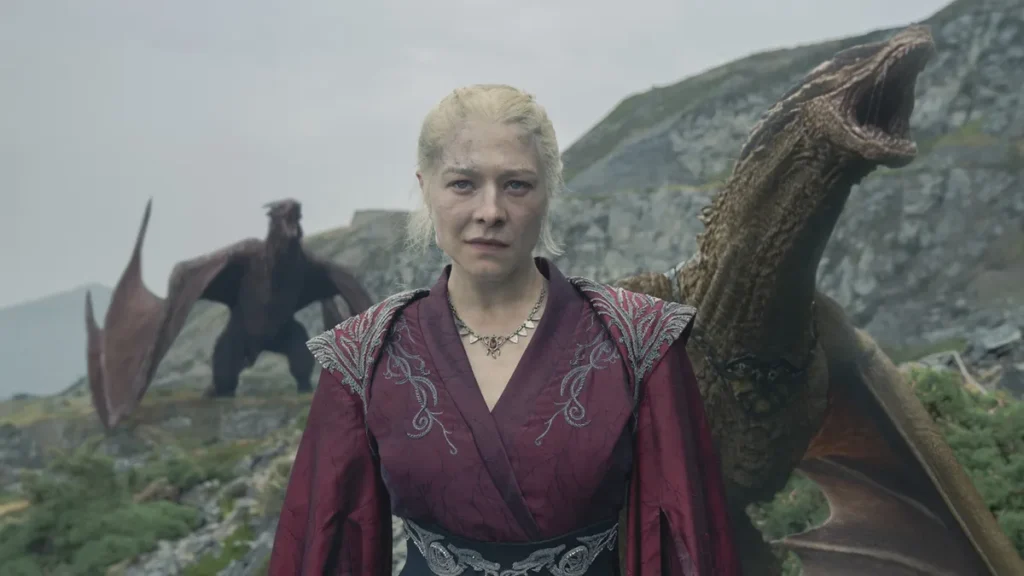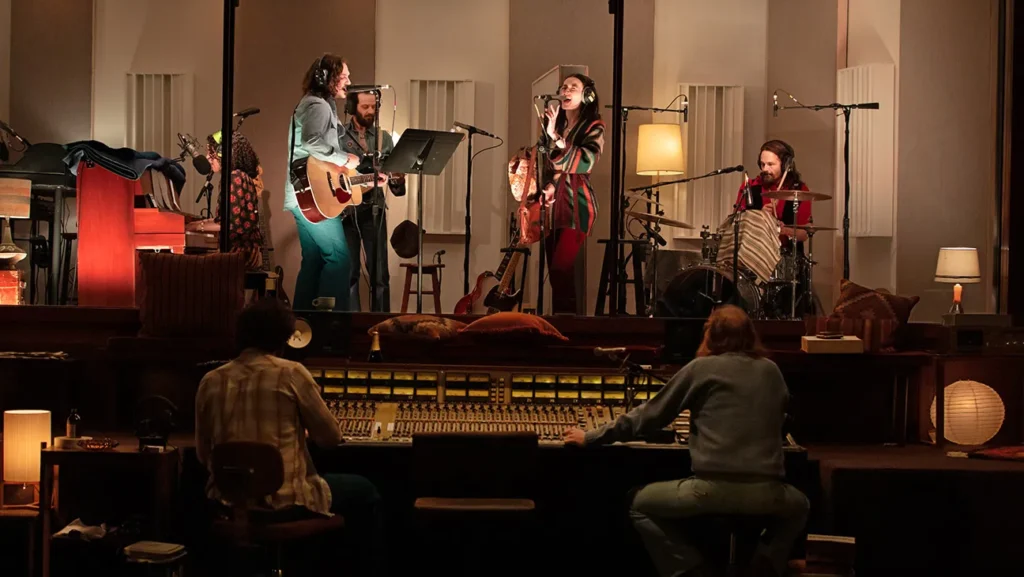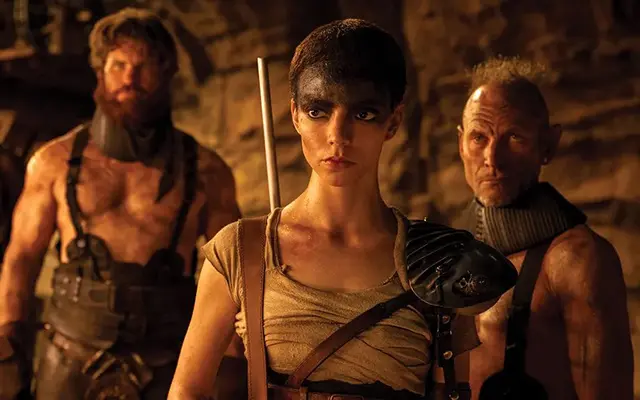My Old Ass puts a unique spin on the coming of age genre
Written by Ian Thomas Malone, Posted in Movie Reviews, Pop Culture
August often brings a peculiar sense of melancholy. The dog days of summer are a natural time to process the foreboding nature of change. Even for young people about to embark on adventures such as college, there is often a certain state of apprehension that marinates in the waiting period, when the mind has ample time to reflect on everything that will be left behind. The film My Old Ass takes a novel approach to the anxieties of youth.
Elliott (Maisy Stella) has just turned eighteen, about to start her freshman year at the University of Toronto. She blows off her family’s surprise party to take mushrooms in the woods with her two best friends, Ro (Kerrice Brooks) and Ruthie (Maddie Ziegler). After initially failing to feel the effects while her two friends trip, Elliott encounters an older version of herself (Aubrey Plaza). The two bond over the course of the evening, though Old Elliott annoys her younger self with her coyness toward revealing future details of their life, only warning her to steer clear of a boy named Chad.
Having previously only considered herself attracted to women, young Elliott discovers that Chad (Percy Hynes White) is a charming seasonal worker for her father’s cranberry farm. Ignoring her older self’s advice, Elliott spends large chunks of her remaining time at home with Chad, mourning her family’s decision to sell off the farm at the end of the season. Older Elliott remains in touch via phone, often encouraging her younger self to use the time to bond with her family, and to enjoy her last few weeks amidst the beautiful scenery in Ontario’s Muskoka Lakes.
Writer/director Megan Park mostly uses the film’s sci-fi trappings as a hook, the narrative mostly follows a traditional coming-of-age story. As the older Elliott, Plaza brings a lot of humor to the table, but Park wisely deploys her most well-known talent sparingly, giving Stella plenty of space to ensure that My Old Ass still belongs to young Elliott. Stella possesses great range as an actress, especially in the film’s quieter moments. Park captures the essence of the fleeting nature of youth, finding great beauty in familiar territory.
The film’s greatest asset is its cinematography. The Muskoka Lakes are breathtakingly gorgeous. It’s very easy to see how anyone would fall in love with such a special place. Even with a brisk 89-minute runtime, the audience starts to learn the quirks of the lakes, making them seem like an additional character in the story.
My Old Ass wears its queerness on its sleeves while the film explores the nuances of the LGBTQ umbrella. There’s a certain understated sense of beauty in the way that Elliott’s sexuality is never undermined by anyone in the film, even as she experiences romantic attraction toward a man for the first time. Park handles this territory with grace and confidence, never trying to hold the audience’s hand along the way. The one area where the film falls a bit short on this front was the handling of Elliott’s longstanding hookup buddy Chelsea (Alexandria Rivera), who is easily the narrative’s flimsiest character.
Park shows off her skills as a director with the narrative’s sense of pacing. Some of the film’s message about the fleeting nature of time, and spending it with the people you love, clashes with the reality that young Elliott often blows off the bulk of the cast to hang out with Chad or her older self, the two characters she didn’t know at the start of the story. My Old Ass is a quietly powerful testament to the importance of living in the moment, time never fully belonging to any one of us. Life waits for no one.





